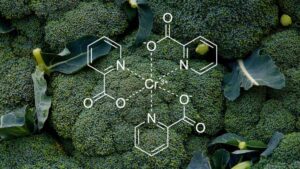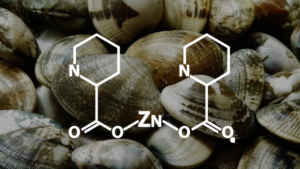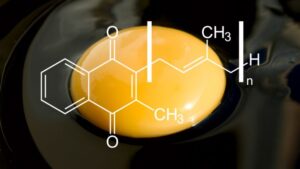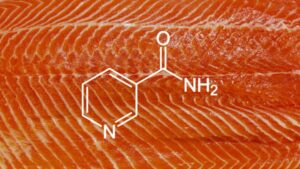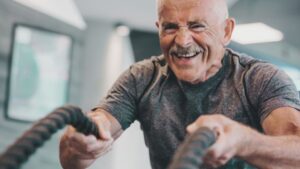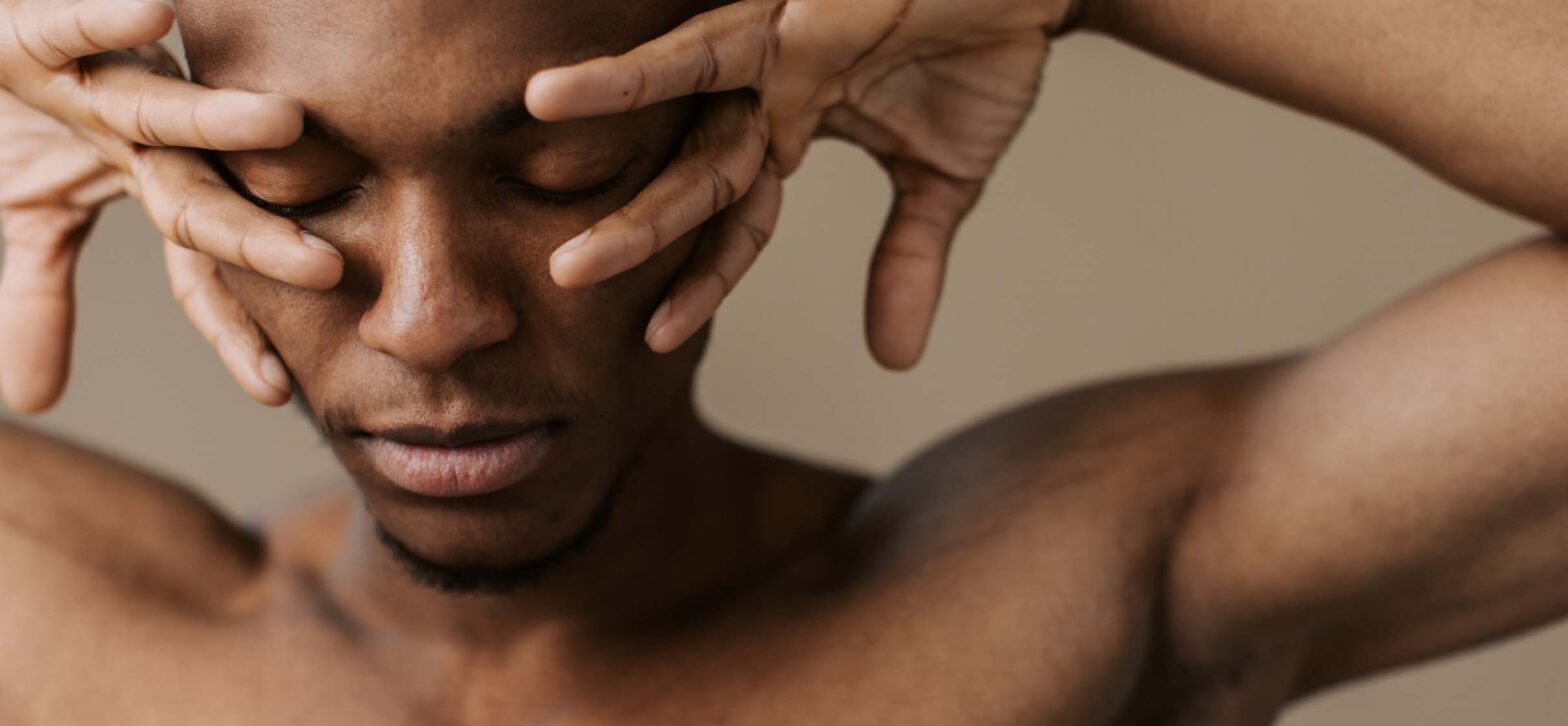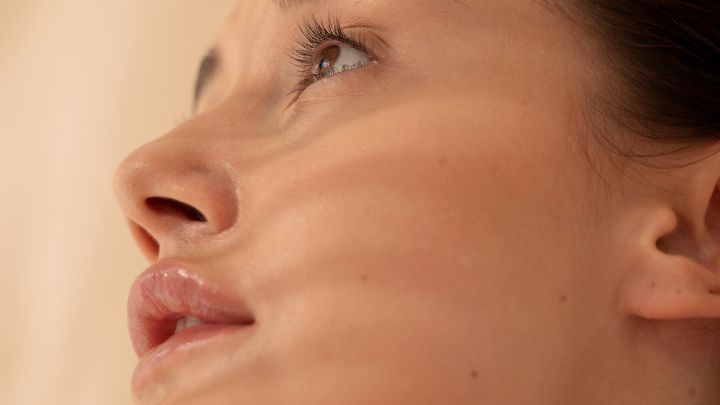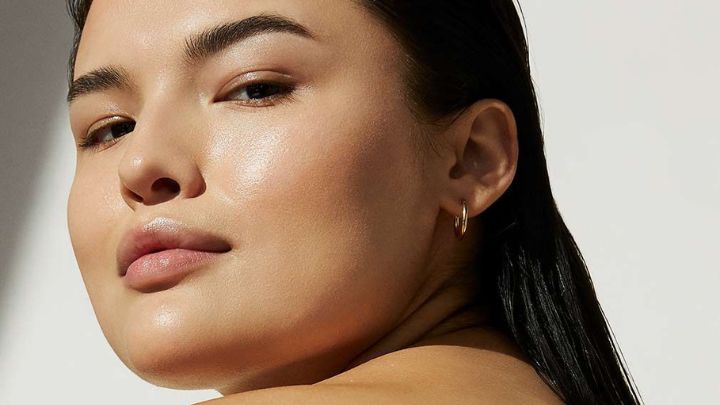Ever compared the face of a 90-year-old to their buttocks? Only the face will contain fine lines, wrinkles, sun spots and more. The truth is, over 80% of visible skin ageing is caused by the sun’s powerful UV rays.
The sun is the ultimate paradox. Without the sun, life on Earth wouldn’t exist– it’s our ultimate source of energy. But, its UV rays can sometimes play villain. From accelerating the skin ageing process to posing severe health threats like skin cancers and cataracts, the sun plays a dual role.
So, even on that rare sunny day in London, the sun is not really your best friend. Or at least, not without your trusted SPF, and some additional support. Read on to discover how to shield yourself from this beautiful, yet ruthless, star in our sky. It’s high time you learn how to repair sun damaged skin and get your flawless skin on point.
In this article
Free guide to reverse your biological age

- Master the science of rejuvenation.
- Apply proven tips to turn back the clock.
- Transform your health with top longevity specialists.
Sun-kissed or sun-cursed?
Sun damage is often referred to as photodamage. Over time, UV rays can harm the skin’s cellular DNA and wreak havoc, leading to:
- Premature skin ageing
- Hyperpigmentation and sunspots
- Texture changes
- Increased risk of skin cancer
- Broken blood vessels
- Immune system suppression
The science behind sun damaged skin
There’s a triple threat: UV rays, free radicals, and collagen reduction. Each plays a distinct role in damaging the skin, and they are intricately connected.
1. UV rays: The outside enemy
UV rays, invisible to the naked eye, primarily consist of UVA and UVB rays. Both have their own unique impact in damaging the skin.
- UVA rays penetrate deeper into the skin, reaching the dermal layer. They accelerate skin ageing, leading to wrinkles, age spots, and loss of elasticity.
- UVB rays primarily affect the skin’s outermost layers. They’re the main culprits behind sunburn, and can directly damage the skin’s DNA, increasing the risk of most skin cancers.
2. Free radicals: The inside enemy
Free radicals are unstable molecules that can damage everything they touch. UV rays stimulate the production of free radicals in our skin, leading to
- oxidative stress and inflammation that cause wrinkles, fine lines, and uneven skin tone.
- collagen breakdown, the vital protein that maintains our skin’s elasticity, hydration, and firmness.
Even without sun exposure, collagen production decreases with age. But, UV rays accelerate this natural decline by activating certain enzymes (matrix metalloproteinases– MMPs), that break down collagen.
The solution is to counteract the effects of oxidative stress, inflammation, and collagen loss to protect your skin. Protection is indeed better than cure.
Navigating sun-damaged skin: A comprehensive guide
- Proactive prevention:
- SPF (Sun Protection Factor): Acts as the first line of defence against harmful UV rays. Broad-spectrum sunscreens shield against both UVA (ageing) and UVB (burning) rays, reducing the risk of sunburn, premature ageing, and skin cancer. Apply your sunscreen every 2 hours if possible, but daily sunscreen is a must.
- Sun-protective clothing: Hats, sunglasses, and long-sleeved clothing can further minimise direct sun exposure. Seek shading whenever possible.
- Daily care routines: Cleansing and moisturising keep the skin barrier healthy and resilient. But smart supplementation with certain nutrients, can further help combat free radical damage.
‘’I encourage my patients to use Vitamin C every morning as a shield against environmental stress.’’ —
Dr. Jessica Wu, Board-Certified Dermatologist
A lab-researched, vegan, collagen precursor.
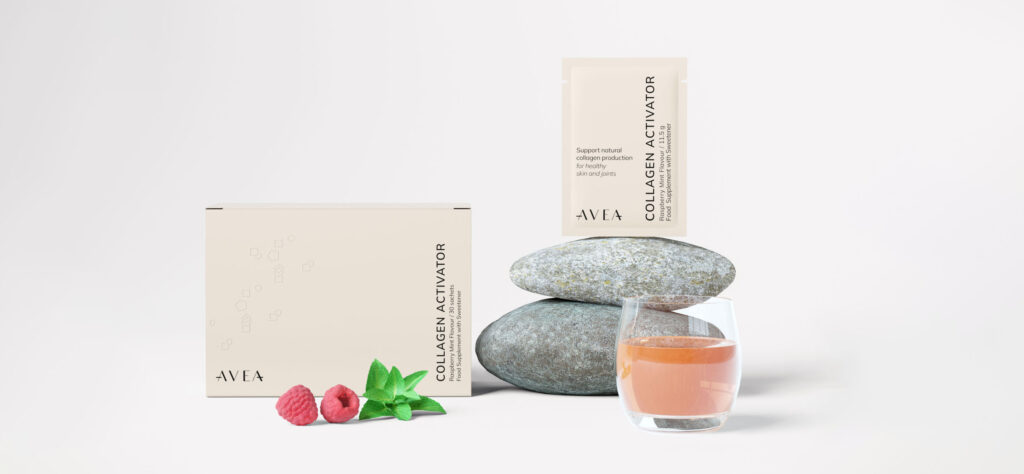
The Avea Collagen Activator is a revolutionary solution to protect your skin from the damages of the sun. It consists of a patent-pending blend of amino acids, powerful antioxidant Astaxanthin, longevity molecule CaAKG, with Vitamin C from Acerola cherry.
Researchers have studied all these ingredients for their anti-ageing properties in the skin. Together, they join forces to provide benefits above and beyond collagen production. You can expect to receive the following benefits:
- improved skin elasticity and smoothness
- enhanced skin protection against UV damage, in addition to your SPF
- reduced inflammation and wrinkles, without any potential side effects.
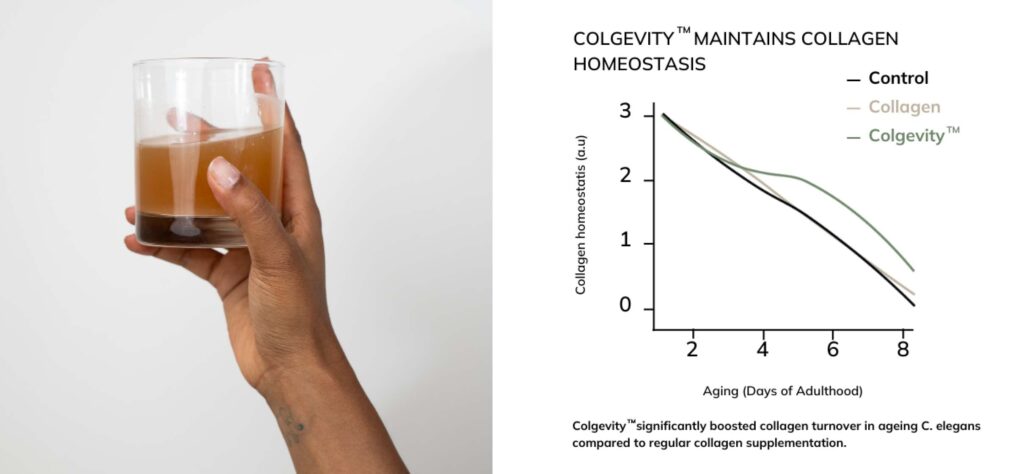
- A holistic approach to skin rejuvenation: Repairing sun damage skin naturally
Adopting healthy lifestyle habits directly enhances your skin’s condition and appearance. Your skin mirrors your inner health. Thus, nourishing your cells from within is the best strategy for radiant skin.
- Diet
- Antioxidant-rich foods combat free radicals. Think of berries, nuts, and spinach.
- Omega-3-rich foods help maintain the skin’s lipid barrier, essential for keeping our skin hydrated. Think of salmon, mackerel, walnuts, or flaxseeds.
- Vitamin C & E-rich foods help produce collagen, vital for skin elasticity. Think of citrus fruits, strawberries, almonds or sunflower seeds.
Rejuvenate your skin
The Avea Collagen Activator delivers your daily essentials of Vitamin C, Collagen, and vital antioxidants, rejuvenating sun-damaged skin and protecting against future harm.
- Hydration:
- Water is your best friend. Aiming for at least 8 glasses a day will help keep your skin hydrated and help flush out toxins.
- Green tea contains polyphenols that can neutralise harmful free radicals and also have anti-inflammatory properties.
- Lifestyle changes:
- Quality sleep is crucial as it’s the prime time for skin repair and regeneration. Ensure a minimum of 8 hours of sleep daily.
- Smoking and alcohol reduces blood flow to the skin, leading to a loss of elasticity, dehydration, inflammation, and premature ageing. Avoid as much as you can.
- Physical activity boosts circulation and helps nourish skin cells. It also helps in sweating out impurities. Exercise regularly.
Key takeaway:
The sun is essential for life, but it also has a shadowy side. Sun protection isn’t just about avoidance; it’s about intelligent exposure and holistic skin care. With the right tools and knowledge, you can enjoy the sun without the long-term effects weighing down on your skin. Here’s to radiant, healthy skin that stands the test of time!
